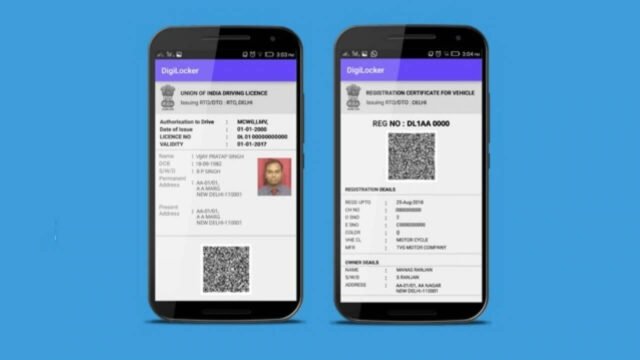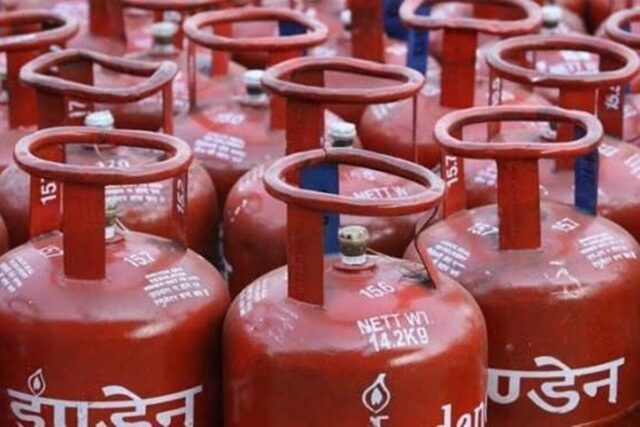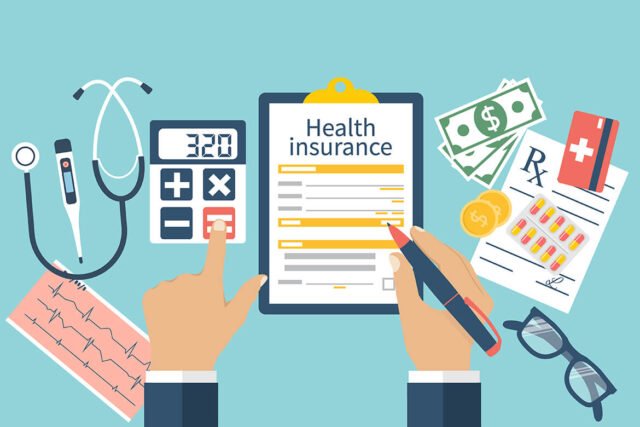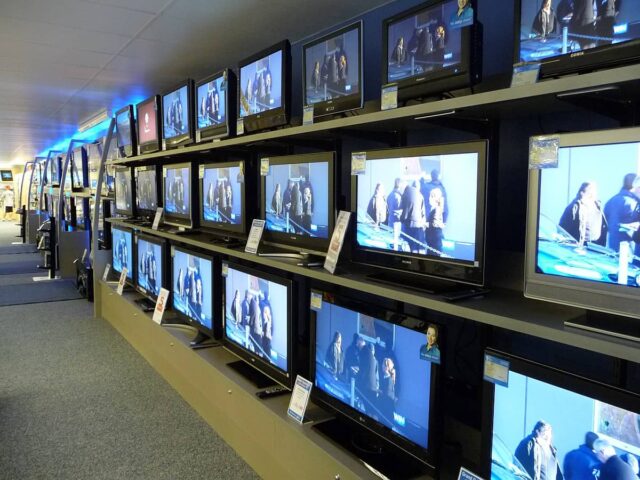Various policy changes and new rules came into effect on October 1st, 2020. The changes pertain to items and policies that are directly involved in forming our lifestyle.
The rules have directly affected our access, purchasing power, and practice of using things like driving license, LPG connection, credit/debit cards, and even televisions.
These changes might seem minor or it may be hard to understand their implications in practical life, therefore here is a helpful guide to understand how these new policies will change a common man’s experience.
1. The road transport and highways ministry laid down new rules
According to the ministry, under the Motor Vehicles (Amendment) Act, any individual can use mobile phones while driving only for route navigation.
This is to make sure that the driver is not being distracted while on the road.
Using a phone for any other purpose, like calling, will draw a ₹1000-₹5000 fine.
2. No hard copy of RC and driving license necessary now
Remember the days when you had to carry your RC and driving license everywhere you drove? Well, not anymore.
The Ministry of Road Transport and Highways issued an announcement of multiple amendments made in the Motor Vehicles Rules, 1989, which came into force from 1st October.
In order to increase convenience while commuting, the central government has ordered to acknowledge the validity of soft copies of documents. This means you now need to carry a digital driving license and RC or other documents.
There is no need to keep multiple documents in your car now. A police officer cannot ask for physical papers if you have electronically valid documents.
Even documents related to vehicle maintenance and challans will be notified and stored through online portals.
Vehicular documents can now be easily accessed and maintained on online portals such as Digi-Locker or mParivahan. Authorities can also now monitor the driver’s behaviour with online data.
3. New guidelines for TDS/TCS on e-commerce transactions
The Finance Act, 2020 added a new section 194-O in the Income-tax Act, 1961.
According to the new guidelines, Income tax will be deducted at the rate of 1% of goods and services sold digitally.
Those who regularly take part in e-commerce trading should know that according to the Income Tax Department issued guidelines, 1% of TCS will be imposed on the sale of goods and services for over Rs. 50 lakh. The hike in rates of TCS has been guided for non-PAN/Aadhaar cases.
This also implies that a payment gateway is not needed anymore in order to deduct tax on a transaction if the tax has already been deducted by the e-commerce operator.
An exemption is applied to individuals who receive less than Rs. 5 lakh and furnish PAN/Aadhaar.
Also, under Section 206C (1G) of the Income Tax Act, it was decided that TCS i.e tax collected at source will now also be applied to LRS i.e Liberalized Remittance Scheme.
In this financial year, 5% TCS will be applied to payments of 7 lakh or more made abroad. This is also applicable to foreign travel packages and other related remittances.
4. LPG connection will not be available free of cost anymore
Those availing free LPG connections under the Ujjwala scheme will not be happy to hear this update.
The Union Cabinet had earlier approved an extension on free gas cylinders till September-end but the policy of getting free gas connection under Pradhan Mantri Ujjwala Yojana has come to an end.
5. New instructions by the Food Safety and Standards Authority of India
The Food Safety and Standard Authority of India has applied stricter protocols.
From now on, sweet shop owners will have to display ‘best before’ date on loose or unpacked sweets. Sweet shop owners were instructed to adhere to this rule strictly from October 1st.
Another protocol is a stringent ban on mixing mustard oil with any other cooking oil.
“Blending of mustard oil with any other edible oil in India has been prohibited with effect from October 1, 2020,” said FSSAI in a letter to the commissioner of food safety of all states and union territories.
Also Read: Indian Government Announces The New Effective Medicine For COVID-19
6. RBI’s new guidelines for debit and credit card usage.
The Reserve Bank of India has instructed new guidelines pertaining to debit and credit card security.
The RBI instructed all banks and other card-issuing companies to disable online payment services of all debit and credit cards in India or abroad that have never been used for online transactions.
This rule has come into force to reduce card cloning and other frauds.
According to these new guidelines, card users will now be able to select their daily spending limit, withdrawal limit, and other options to allow services like e-commerce or not.
These guidelines are for those individuals who have either a debit or credit card or both.
In case your bank is stopping your services, you just need to log into your account through online banking services and set domestic and international specifications according to your own will.
7. Health insurance cover to change after COVID-19
A lot of changes came into force on October 1st, most of them are financial but these will have a direct impact on your health insurance coverage as well, which in itself has changed, starting this month.
From October 1st, the health insurance plans cover the maximum number of diseases, however, it has consequently resulted in an increase in the health insurance policy premium.
Major diseases outside the insurance plan will be reduced to seventeen only, but if the major diseases outside the plan are ten then your insurance premium will be less too.
The good thing is that the insurance company cannot reject insurance claims to an individual who has had a premium policy for eight years or more.
Additionally, psychiatric, genetic, and neurological diseases are also being covered in health insurance plans. Health issues and therapy like neurological disorders, oral chemotherapy, robotic surgery, and stem cell therapy will be covered as well.
Make sure to be clear about the terms and conditions for pre-exit for greater awareness and security from loopholes.
8. Televisions are going to cost more
From 1st October, a 5% import duty is being applied to open-cell panels. This is in order to curb the imports in wake of creating an ‘Atmanirbhar Bharat’. The duty exception that was offered last year, ended in September.
This means that televisions will now cost more as the government is planning to increase the domestic production of open-cell panels.
Image Credits: Google Images
Sources: Livemint, Firstpost, Indian Express
Find The Blogger: @MNtweeting
This post is tagged under: government, rules, policies, policy changes, driving license, RC, documents, electronic portals, fine, mobile phones, route navigation, income tax, e-commerce, trade, foreign trade, foreign investment, road transport and highways ministry, LPG gas, ujjwala scheme, RBI, credit card, debit card, security, food safety, ban, health insurance, insurance company, covid-19, open-cell panels, tax, domestic production, common man, lifestyle, change
Other Recommendations:
Policy Suggestion By A Millennial To Reduce Communal Violence In India












































